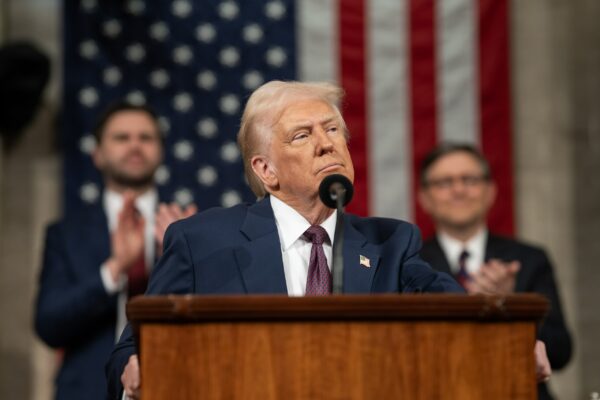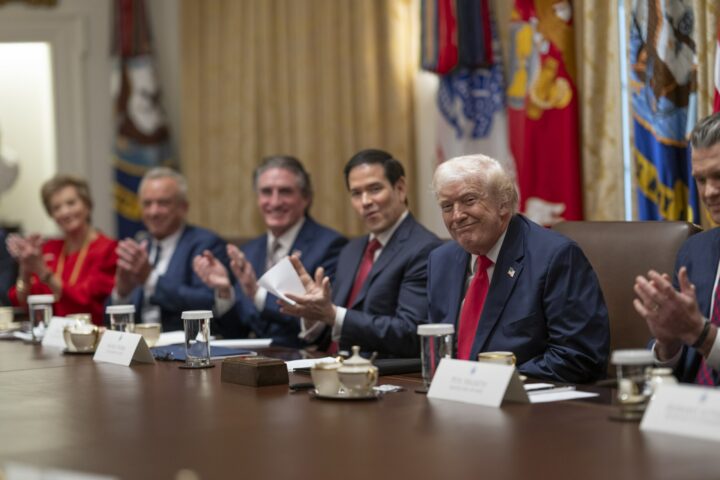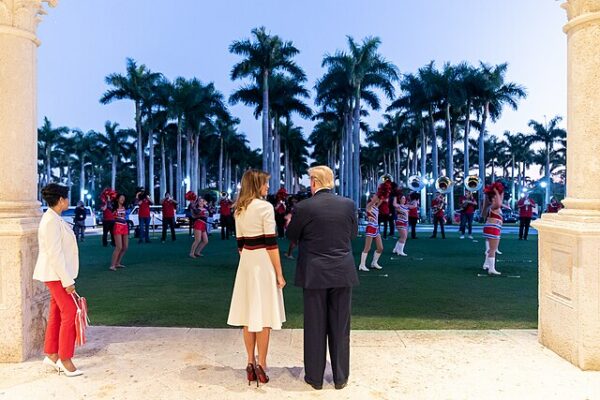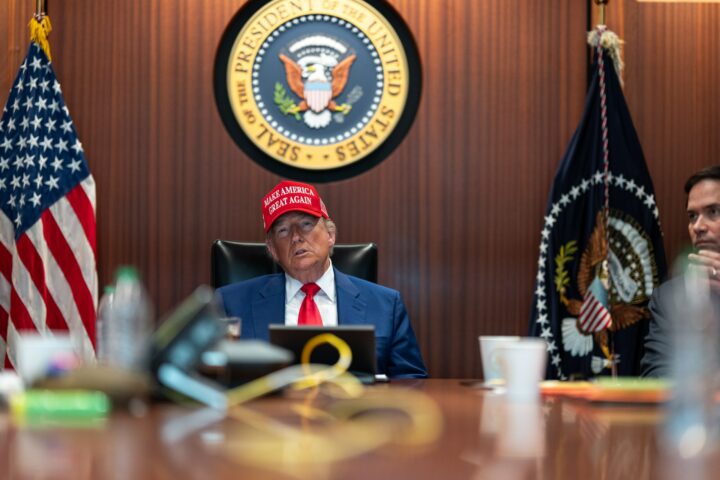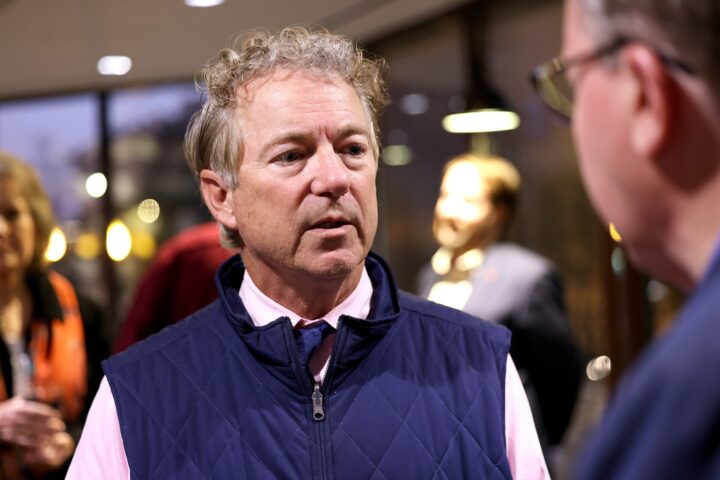President Donald Trump’s communications strategy about tariffs is facing a quieter, more insistent kind of resistance—from his own side of the aisle. The issue isn’t the policy itself, which still enjoys broad support among Senate Republicans.
The problem, they say, is the packaging, according to The Hill.
Trump on China Trade War: "Maybe The Children Will Have Two Dolls Instead Of Thirty"https://t.co/1ExXmzQPN9
"They have ships loaded up with stuff, much of which -not all, but much of which – we don’t need." pic.twitter.com/pVMDLg42VH
— RCP Video (@rcpvideo) April 30, 2025
Trump has repeatedly suggested that American families can simply scale back their consumption—buying fewer dolls, for instance—as tariffs raise consumer prices. He first floated the example during a Cabinet meeting and has since doubled down, invoking it in interviews and offhand remarks aboard Air Force One. The core message: economic pain is the price of long-term gain. Families with young daughters, the president mused, might not need 37 dolls—they can settle for two or three.
The analogy was meant to be folksy. It landed as tone-deaf.
Several GOP senators told the outlet that the president’s framing risks making him look unmoored from the economic realities of ordinary Americans. “It’s not sensitive to people struggling every day,” one lawmaker said bluntly. The concern isn’t just rhetorical. With tariffs on Chinese goods reaching as high as 145 percent, many Republicans worry that the administration’s messaging—telling voters to brace for less and be grateful for it—is dangerously off-key.
Sen. Kevin Cramer, a Republican from North Dakota, usually a reliable Trump ally, was among the few willing to go on record. While he acknowledged Trump’s intention to normalize sacrifice, he questioned the metaphor. “He’s setting expectations as a millionaire,” Cramer said, adding that more relatable examples—cars, groceries, diapers—might help the message land with voters who aren’t insulated by wealth. He noted that in his own childhood, “a single doll was a major Christmas gift.”
Sen. Shelley Moore Capito, a Republican from West Virginia, was more succinct: “I’m not sure it’s the best example.” The understatement was shared by others who declined to fully endorse Trump’s rhetoric, even as they refrained from public criticism of the tariffs themselves.
The unease underscores a broader problem: Republicans are trying to defend a tariff strategy that’s already controversial without being saddled with a political message that sounds elitist or indifferent.

